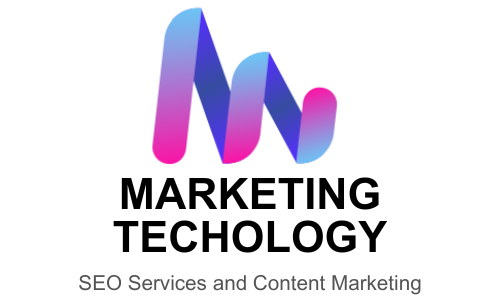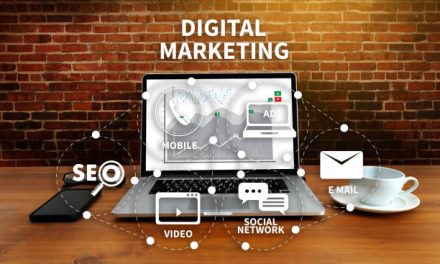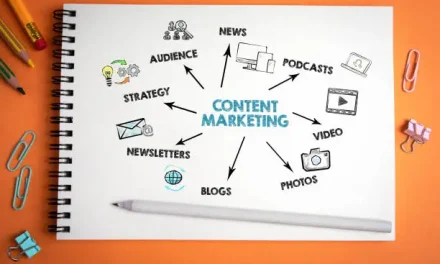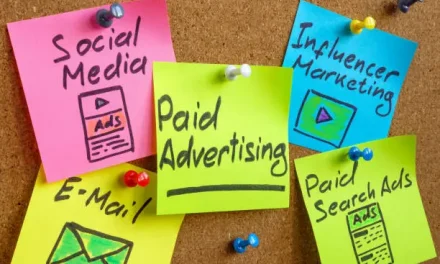Marketing is an essential part of any business strategy. It helps brands connect with their target audience, build credibility, and drive revenue. However, despite its importance, marketing is often misunderstood, leading to many marketing myths that misguide business owners and marketers alike.
Key Takeaways
- Marketing is about building relationships, not just selling.
- More marketing doesn’t always mean better results—strategy is key.
- SEO, email marketing, and social media require time and consistency to work effectively.
- A well-planned digital marketing strategy can generate sustainable long-term growth.
From misconceptions about SEO and email marketing to myths about the effectiveness of social media, these false beliefs can lead businesses to waste time, effort, and money on ineffective strategies. Market myths often stem from outdated practices, misinformation, or unrealistic expectations. In today’s fast-paced digital landscape, understanding what works and what doesn’t is more crucial than ever.
In this article, we will debunk some of the most common digital marketing myths and provide actionable insights on what businesses should do instead. Whether you’re a small business owner, entrepreneur, or marketing professional, being aware of these myths about marketing will help you make informed decisions and craft a winning strategy for your brand.
# Marketing Myths or Misconceptions
1. Marketing is Only About Selling

🔎 Myth: Marketing is just about pushing products and services to customers.
Many people assume that marketing is solely about advertising and selling. While increasing sales is an important objective, marketing is much more than just sales. It involves brand awareness, storytelling, customer engagement, and relationship-building.
Modern marketing focuses on creating value for customers, helping them solve problems, and building trust. If businesses focus only on selling, they may lose potential customers who are looking for a brand they can relate to.
✅ What You Should Do Instead:
- Focus on creating valuable content that educates and engages your audience.
- Build trust through consistent branding and communication.
- Use marketing strategies that emphasize customer experience rather than just making a sale.
- Leverage storytelling to make your brand more relatable and memorable.
2. More Marketing Always Means More Sales
🔎 Myth: The more you market, the more customers you get.
Many businesses believe that simply increasing their marketing efforts—whether through ads, social media, or email campaigns—will automatically lead to higher sales. However, more marketing does not always mean more revenue. If marketing efforts are not strategic, they can be ineffective and waste resources.
For example, running multiple ads without a clear target audience or flooding social media with irrelevant content can lead to disengagement rather than increased sales.
✅ What You Should Do Instead:
- Focus on quality over quantity when it comes to content, ads, and campaigns.
- Analyze customer data to ensure marketing is reaching the right audience.
- Optimize conversion strategies to turn leads into actual sales.
- Use analytics to track and measure the effectiveness of each campaign.
3. SEO Produces Instant Results

🔎 Myth: Search engine optimization (SEO) will immediately bring traffic and sales.
One of the biggest digital marketing myths is that SEO provides overnight success. While SEO is one of the most powerful marketing strategies, it is a long-term investment that requires patience and consistency.
Ranking on Google and other search engines takes time, as search algorithms prioritize high-quality, relevant, and authoritative content. It can take weeks or even months to see significant results.
✅ What You Should Do Instead:
- Be patient and consistent with SEO strategies.
- Focus on high-quality content, link-building, and technical SEO.
- Monitor keyword rankings and analytics to track progress over time.
- Optimize your website for mobile-friendliness, speed, and user experience.
4. Email Marketing is Outdated
🔎 Myth: Email marketing is no longer effective.
Some businesses believe email marketing has lost its effectiveness due to social media and other digital platforms. However, email marketing remains one of the most powerful tools in digital marketing, boasting one of the highest return-on-investment (ROI) rates.
A well-crafted email campaign can increase engagement, nurture leads, and drive sales. The key is personalization and providing value rather than just sending generic promotional emails.
✅ What You Should Do Instead:
- Personalize emails to increase engagement and open rates.
- Use automation to send targeted messages at the right time.
- Build a quality email list rather than buying contacts.
- Provide valuable content in emails, such as exclusive deals, helpful resources, and industry insights.
5. Social Media Marketing Works Instantly
🔎 Myth: Just posting on social media will drive traffic and sales.
Many businesses expect immediate results from social media marketing. However, social media is a long-term investment that requires consistency, engagement, and strategy. Simply posting content without an audience, engagement, or a clear plan will not generate leads or sales.
✅ What You Should Do Instead:
- Develop a content strategy tailored to your target audience.
- Engage with followers through comments, messages, and interactive posts.
- Use paid social media advertising to increase reach and visibility.
- Track social media analytics to measure engagement and refine your strategy.
6. If You Build a Website, Customers Will Come
🔎 Myth: A great website automatically attracts traffic.
Many business owners assume that simply having a website is enough to get visitors and generate sales. However, without SEO, content marketing, and promotion, a website alone won’t drive traffic.
✅ What You Should Do Instead:
- Invest in SEO to improve search rankings.
- Promote your website through social media, email marketing, and paid ads.
- Provide valuable content that keeps visitors engaged.
- Optimize the website for user experience and conversions.
7. Paid Ads Guarantee Success

🔎 Myth: Running paid ads always leads to sales.
While paid advertising can be highly effective, it’s not a magic formula for instant success. Poorly targeted ads can result in wasted budgets with little return on investment.
✅ What You Should Do Instead:
- Target the right audience with data-driven strategies.
- Test and optimize ad campaigns regularly.
- Combine paid ads with organic marketing efforts for better long-term results.
Takeaway
Many businesses fall into the trap of believing marketing myths that can lead to wasted resources and missed opportunities. Understanding and debunking these myths about marketing will help you refine your approach and achieve better results.
At Marketing Technology, we specialize in SEO services and content marketing to help businesses succeed online. Whether you want to improve your search rankings, boost engagement, or create compelling content, our team is ready to help. Contact us today and let’s take your marketing strategy to the next level!
Frequently Asked Questions
Does email marketing still work, or is it outdated?
Yes! Email marketing is still one of the most effective marketing strategies. With proper personalization, automation, and targeting, businesses can achieve high engagement rates and conversions.
Does SEO produce instant results?
No, SEO is a long-term strategy that requires patience. It can take weeks or months to see significant improvements, but the results are worth the investment.
More marketing always means more sales, right?
Not necessarily. More marketing doesn’t always mean better results. Marketing must be targeted and strategic to be effective. Instead of increasing marketing efforts randomly, businesses should focus on optimizing their campaigns for higher conversions.





